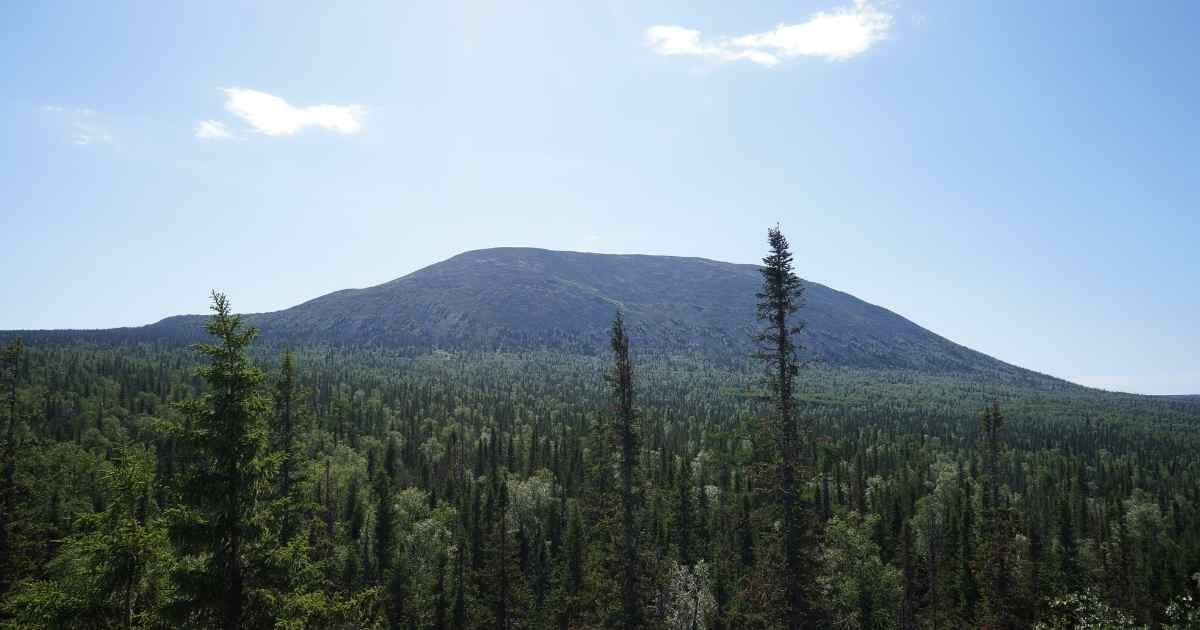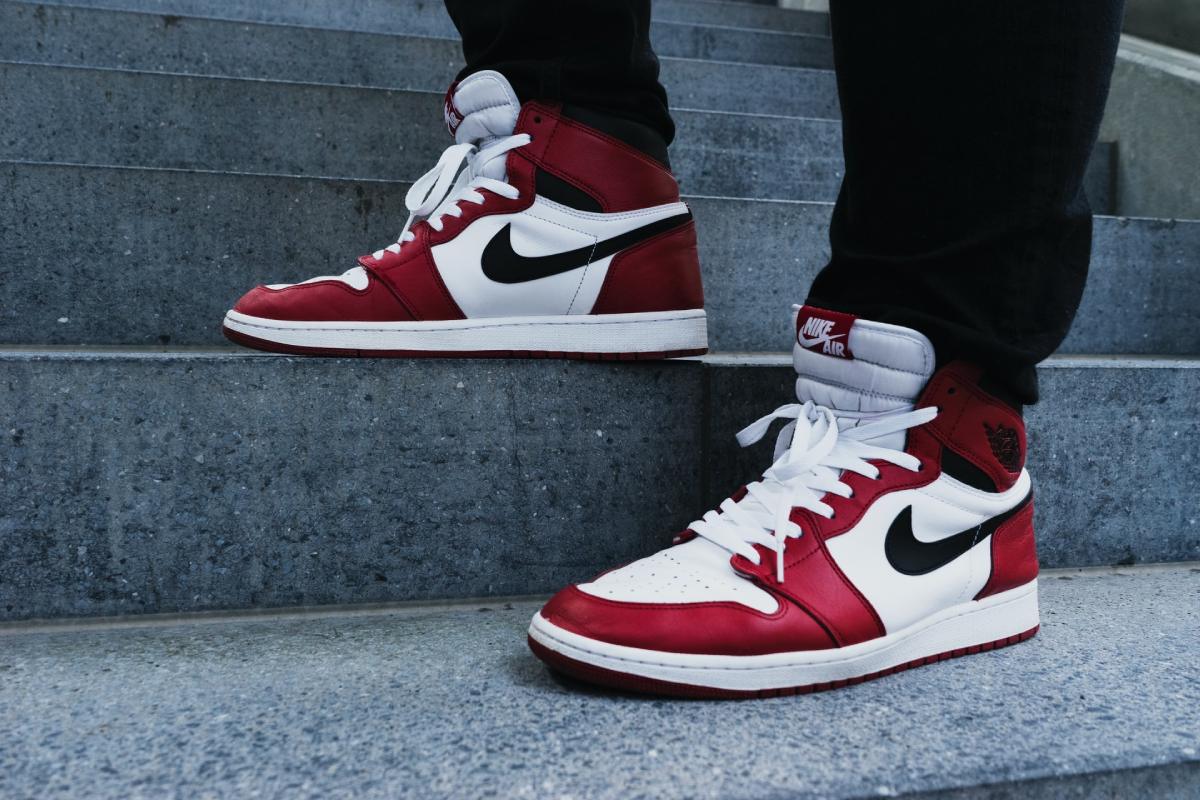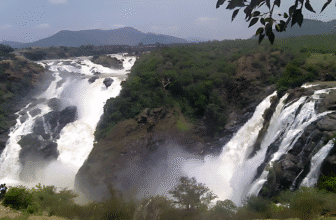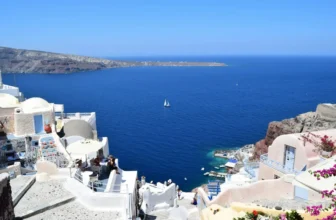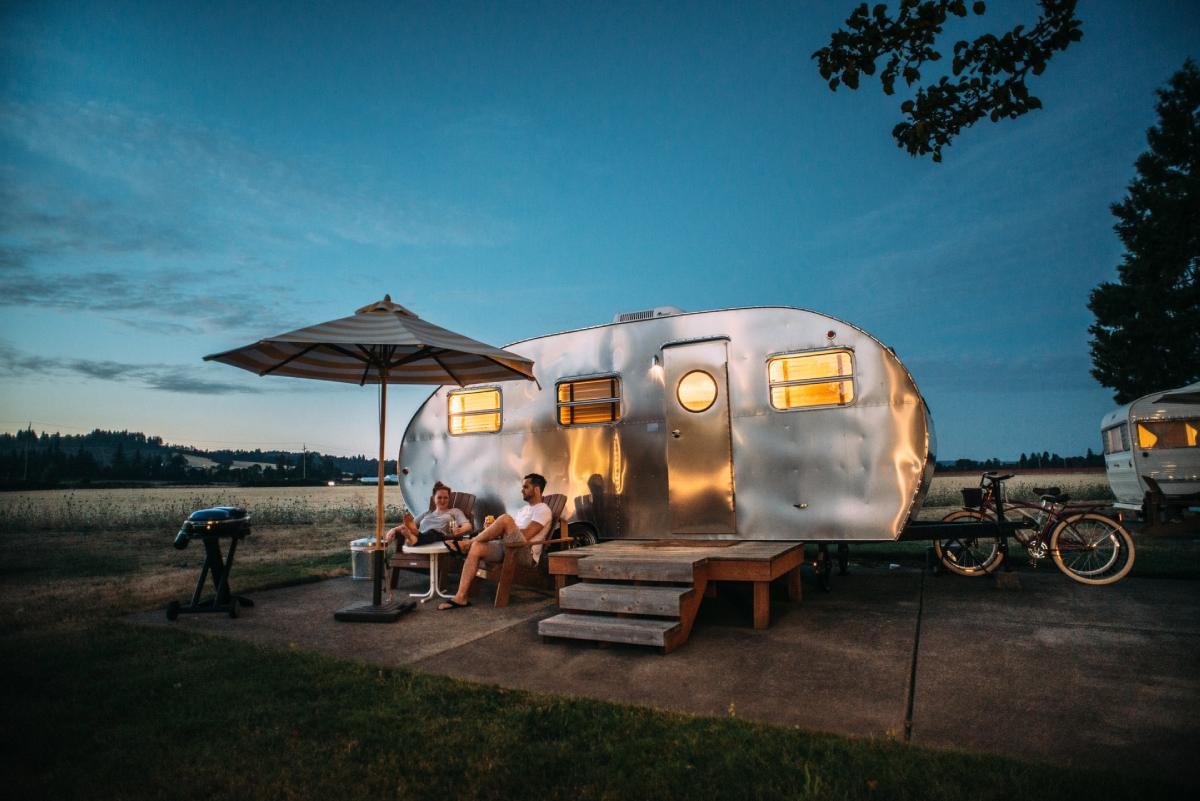
The word ‘caravan’ does not always conjure up the image of a line of camels crossing the glowing desert sands of the Silk Road, but this was the origin of the word that was to take on a caravan holidays in modern day vernacular.
Marking the start of a global economy
These highly colourful, extremely expensive trains of camels could consist of as little a dozen, or as many as a couple of thousand camels, with an equal number of horses and mules to add to the overall chaos.
Expeditions would travel across established routes that connected the Western World with the Middle East and Asia, starting in Asia and ending up in Europe, setting trading standards and practices that were to last for centuries.
Over hundreds of years these original caravans played a pivotal role in establishing economic, cultural and political interactions, but came to an abrupt halt in 1453 when the Ottoman Empire blocked the routes and caused everyone to seek alternative trade routes.
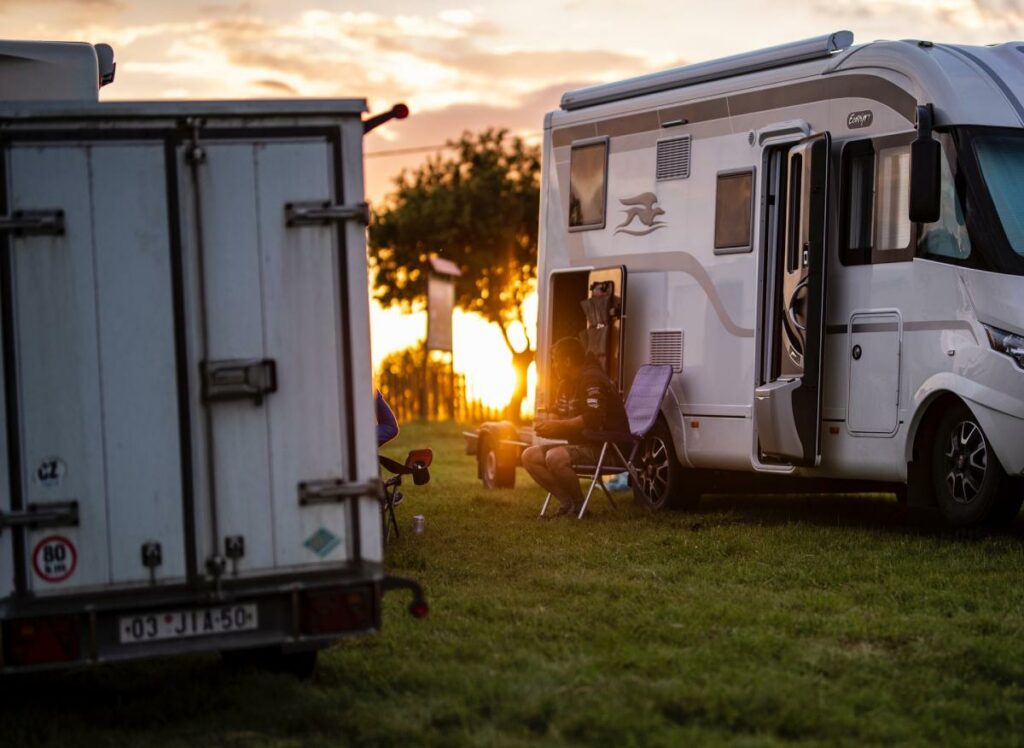
A life on the open road
Closer to our modern day caravans in look, style and purpose are the highly decorative gypsy caravans, also known as ‘vardo, from the Ossetic word ‘vurdon’ meaning cart.
Romany gypsies took great prides in their homes on wheels, creating ornate decorations with intricate carvings and brightly coloured paintwork. However, they were not sentimental about the legacy of a vardo – often exchanging or trading them when necessary.
On a gypsy’s death, the vardo was often burnt along with all their belongings. Other than gold, money and other precious metals, Romanies believed it was not right to profit from a dead person’s possessions.
A sense of freedom
Many who enjoy caravan holidays in our 21st century life do so because it gives them a sense of freedom, of life on the open road, the simplicity of a home from home which was probably what was enjoyed by the Romany Gypsies – where as long as you have food in your belly, a mug of tea in your hand, and the sense that you can go anywhere anytime.
Caravan holiday costs obviously play a big part in forming people’s opinions about whether to choose this type of holiday. But it is that simplicity that is key. As long as the caravan is warm, dry and comfortable, it is what is on the outside that really counts.
In fact, the Romanies rarely actually slept inside their vardos, preferring instead to sleep underneath on the ground.
The popularity of caravan holidays has endured beyond what you would expect. From the very British image of Carry on Camping, to the mor American humour of John Candy and Dan Ackroyd’s eighties’ film The Great Outdoors, The Camping and Caravanning Club has actually seen a marked rise in membership, rising from 755 in 1919, to 720,000 today.
In fact, over half a million families in the UK own a caravan, another 164,000 own motorhomes, and 260,000 own static caravan holiday homes. The caravan industry as a whole contributes about £6 billion a year to the British economy.
On track for further growth
As fuel and energy costs set to remain at high levels, and the cost of flights increase in line with rising fuel costs, UK holiday makers are going to be drawn more and more to having UK based holidays which don’t require massive fuel consumption.
Alongside this, a more environmentally conscious approach to travelling, and greater awareness of the impact of the outdoor life on mental health drives predictions that caravanning could increase by upwards of 10 to 15 per cent over the next two to three years.
Also Read:
What makes a good static caravan?

